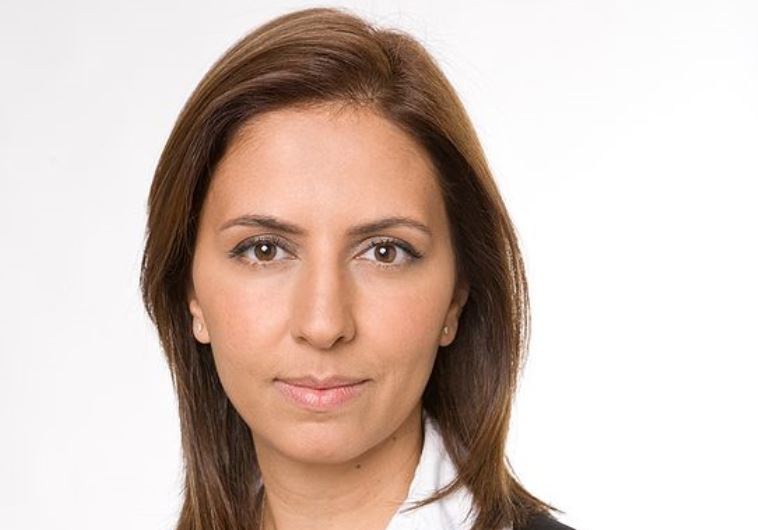Social Equality Minister: Higher gender gaps in public sector than private sector
According to the social equality minister, men in the private sector earn 32% more than women, while in the public sector they earn some 36% more.
 (photo credit: Wikimedia Commons)Updated:
(photo credit: Wikimedia Commons)Updated: